The Automotive CEO Transitioning to Luxury Goods Leadership
![]() 06/17 2025
06/17 2025
![]() 533
533
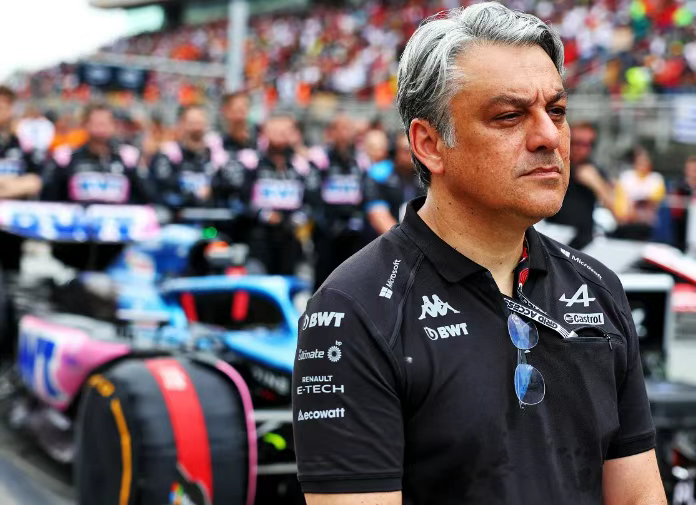
A Career Milestone for a Renowned Executive
Author | Wang Lei
Editor | Qin Zhangyong
Kering, the global luxury goods giant, has officially announced a significant appointment:
Luca de Meo has been named Chief Executive Officer.
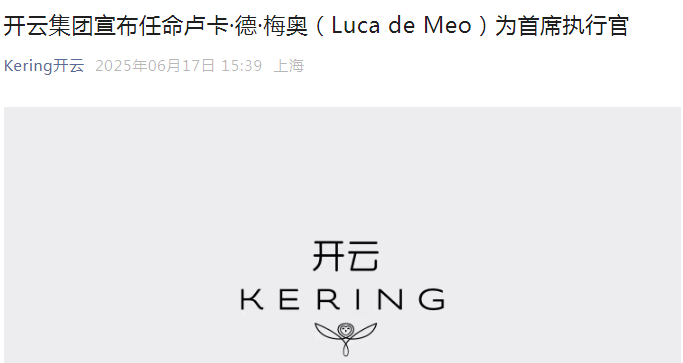
Prior to this, Renault issued a statement confirming that its Chief Executive Officer (CEO), Luca de Meo, would officially step down on July 15, upon the completion of his five-year term.
Both announcements refer to the same individual, marking perhaps the first high-profile transition from the automotive industry to the fashion world.
According to Renault's official statement, Luca de Meo wishes to "dedicate himself to new challenges outside the automotive industry," which is the reason for his departure.
Luca de Meo himself stated: "I am leaving a company that has transformed and is ready to embrace the future. I will apply my experience to other fields and embark on a new adventure."
Luca de Meo's departure is not due to underperformance; rather, he is retiring at the peak of his success.
01
The Renault Savior
For Renault, Luca de Meo, who has completed his five-year term, is undeniably a qualified and outstanding professional CEO.
Five years ago, de Meo moved from Volkswagen in Germany to France to take the helm at Renault. At the time, no one anticipated the transformation he would bring about. In 2024, Renault achieved its best financial performance in history.
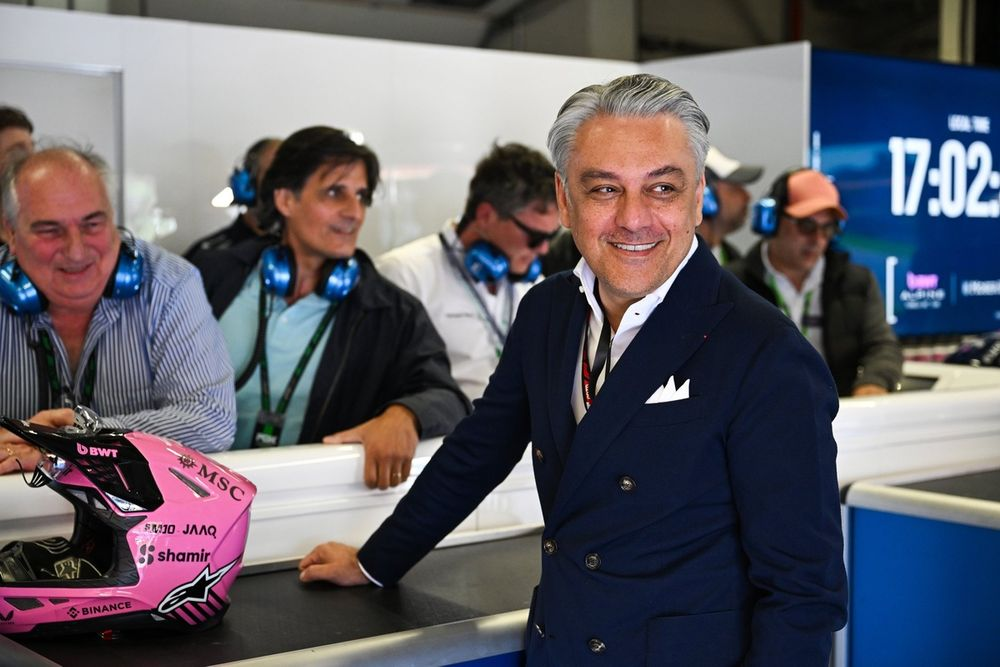
In fiscal year 2024, Renault Group reported revenue of 56.2 billion euros, a 7.4% increase year-on-year, with operating profit reaching a record 4.263 billion euros, a 3.5% increase year-on-year, and an operating profit margin of 7.6%, the highest in history. Net income reached 2.8 billion euros, a 21% increase year-on-year.
In contrast, French and European automotive companies generally experienced profit declines or even losses.
For example, Stellantis Group reported a net profit of 5.5 billion euros in 2024, a 70% decline year-on-year; Volkswagen Group's operating profit fell from 22.5 billion euros in the previous year to 19.1 billion euros, a 15% decline year-on-year, with the profit margin dropping from 7% in the same period last year to 5.9%.
However, who could have imagined the situation Renault was in when Luca de Meo joined five years ago? It was akin to "joining the losing side in a crucial battle."
In late 2018, Carlos Ghosn, the former head of the "Renault-Nissan-Mitsubishi" alliance, was arrested by the Tokyo Public Prosecutor's Office in Japan due to financial fraud, tax evasion, and other issues. This triggered a "de-Renaultization" movement within Nissan. In January 2019, Renault dismissed Ghosn.
Renault, which had experienced intense internal strife with Nissan, also entered its "darkest hour," incurring its first annual loss in a decade that year.
Renault's net profit in 2019 was only 19 million euros, just 0.55% of 2018's figure; the Renault Group's net loss attributable to the parent company was 141 million euros, far below the net profit of 3.3 billion euros in 2018.
The rift in the alliance caused by the Ghosn incident, supply chain disruptions due to the pandemic, and profit erosion from blindly pursuing sales expansion collectively pushed Renault to the brink of collapse. In 2020, Renault's net loss expanded to 8 billion euros, the largest annual loss in the company's history, and its business in the Chinese market also nearly collapsed.
It was at this critical juncture that Luca de Meo took over Renault, tasked with replacing Ghosn and rescuing the company from its predicament.
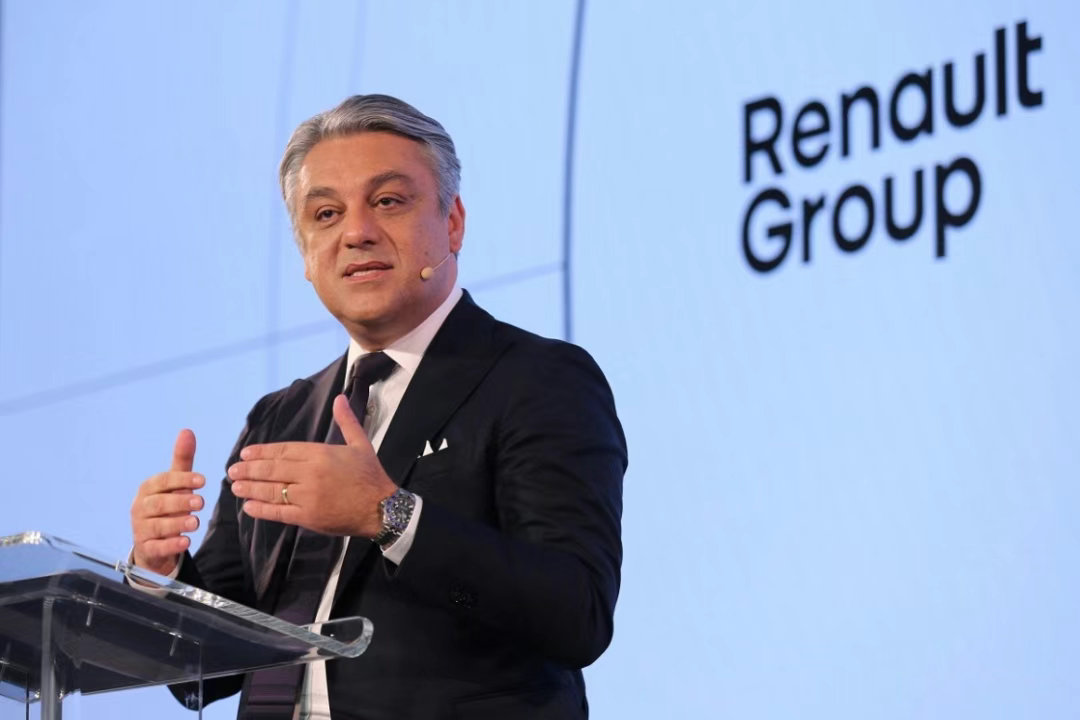
However, after Ghosn resigned as Renault's Chairman and CEO in January 2019, there were interim CEOs, with Thierry Bollore and Clotilde Delbos briefly filling the role.
Although the Renault Group Board of Directors announced the appointment of Luca de Meo as Group CEO at the end of January 2020, he did not assume his position until July 1, 2020, becoming the first foreign CEO in Renault's history.
02
A Series of Reforms
Luca de Meo, born in Milan and educated in business administration at the University of Bocconi, is fluent in multiple languages, including Italian, English, French, German, and Spanish.
He joined Renault at the age of 53, bringing over 30 years of industry experience, making him one of the most seasoned professional managers in the automotive industry.
He began his career at Renault as a product marketing manager until 1997, when he joined Toyota as General Manager of Product Planning, responsible for the Yaris and Lexus product lines.
Later, in 2004, he joined FCA (Fiat Group) and led brands such as Abarth and Alfa Romeo until 2009, when he joined Volkswagen. He initially served as Chief Marketing Officer of the Volkswagen Group and then as Global Marketing and Sales Director of Audi.
In 2019, he took charge of SEAT, a subsidiary of the Volkswagen Group, leading the brand's transformation by rebranding and creating the youthful and sporty sub-brand Cupra. He was hailed as the "father of Cupra" and propelled SEAT's sales to an all-time high, achieving profitability.
Before returning to Renault, he also served as Chairman of the Volkswagen Group's Spanish Board of Directors.
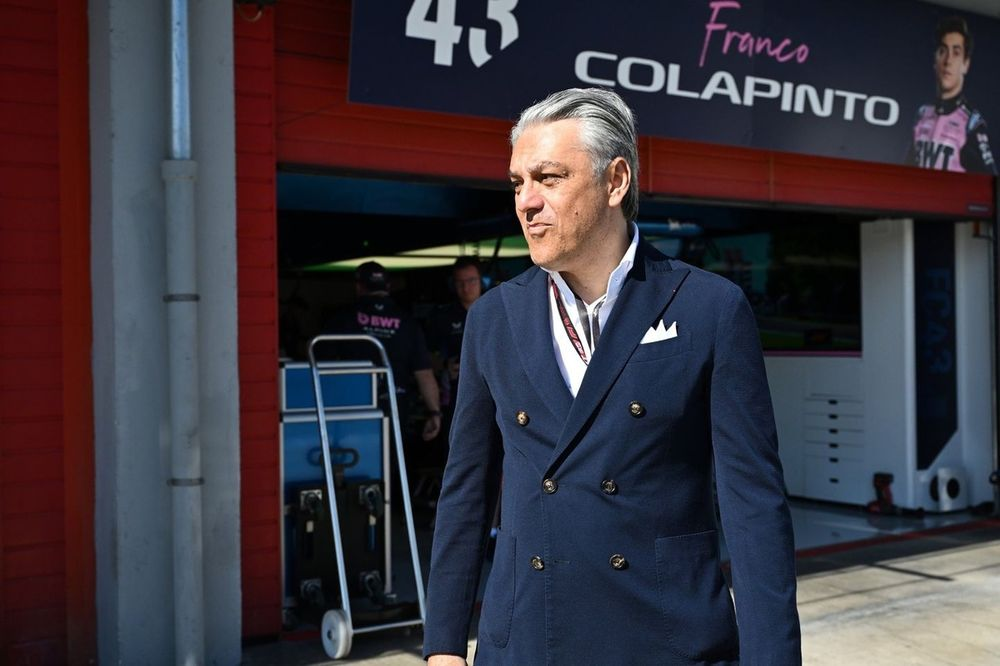
Luca de Meo's past experiences demonstrate his prowess in marketing and his track record of turning losses into profits, laying a solid foundation for his return to Renault. Of course, the crucial factor was his support from the French government, which is Renault's largest shareholder, owning 15% of the company's shares.
When Luca officially took on the role of CEO, the first half of 2020 had already passed. Renault sold 1.26 million vehicles, a 34.9% decrease year-on-year, and had incurred a loss of 7.3 billion euros.
While releasing the first-half results, he stated that although Renault had incurred an unprecedented loss, it was not the final outcome, and he was confident in the company's recovery.
He immediately embarked on drastic reforms, announcing the "Renault Revival Plan," which included reducing global factory capacity by a quarter, increasing cost cuts from 2 billion euros to 3 billion euros, and abandoning revenue and market share targets, focusing solely on operating profit margin, cash flow, and return on investment.
Within six weeks, multiple inefficient models were discontinued, and the strategic focus shifted to the high-profit compact car market, gradually phasing out low-profit small cars such as the Renault Clio and Dacia Sandero.
The development of the retro electric mini-car Renault 5 was accelerated, positioning it as a representative of affordable electric vehicles manufactured locally in Europe, and it emerged as a dark horse in the European electric vehicle market.
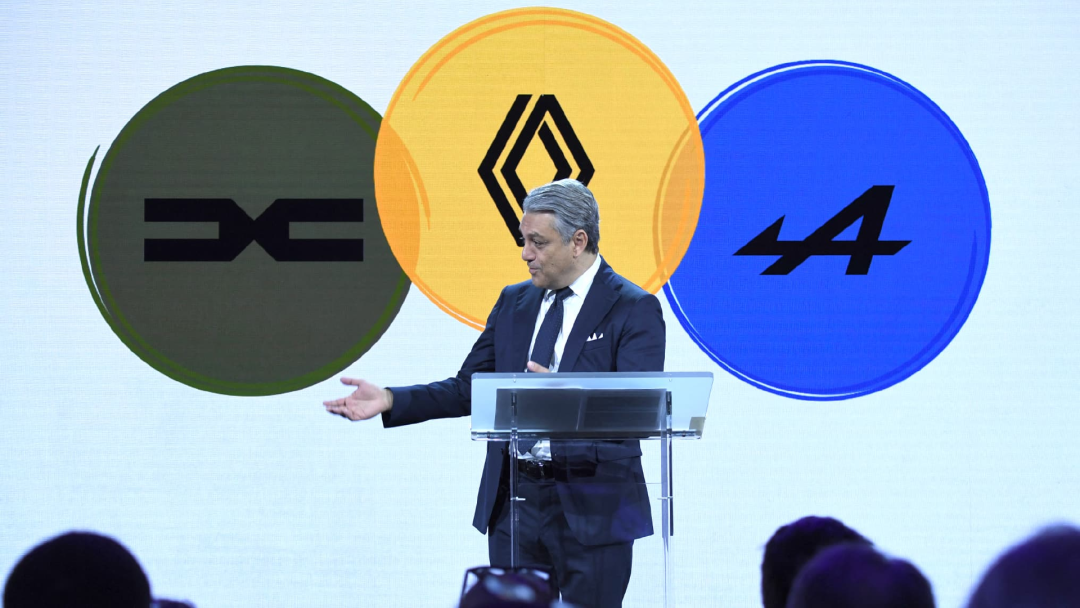
Moreover, the development time and cost of new vehicles were reduced by 40%, and the research and development cycle of the new generation of electric mini-car Twingo was compressed to just two years, aiming to compete with the speed of Chinese brands like BYD.
The Alpine brand was comprehensively upgraded, transitioning from a single sports coupe, the A110, to a full range of electric products. All racing assets of the Renault Group, including the Formula One racing team and endurance racing team, were integrated under the Alpine operating system.
Furthermore, the international strategy was readjusted, with Renault abandoning its expansion in China and instead focusing on launching lightly upgraded models in Latin America and the Middle East.
It's worth noting that, despite strategically abandoning the Chinese market, during Luca de Meo's tenure, he promoted Renault Group to establish partnerships with multiple Chinese companies, including Geely, Dongfeng, Minth, WeRide, and CATL.
Recently, a research and development center with about 150 people was established in Shanghai to develop electric vehicles exclusively for the European market, including the new generation of pure electric model Twingo E-Tech.
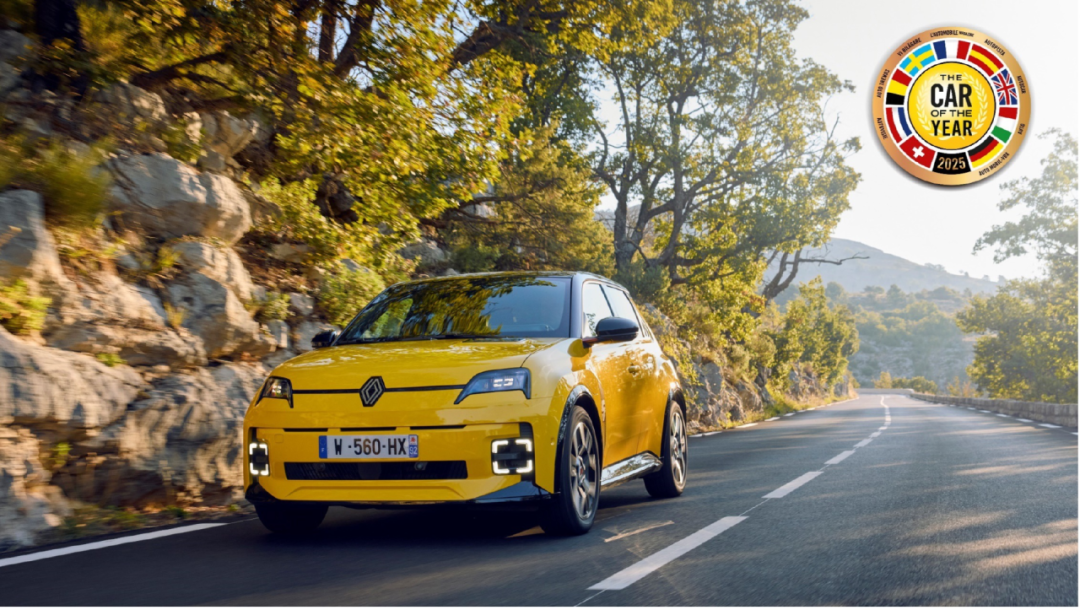
These measures quickly bore fruit. In 2022, the net loss narrowed to 354 million euros; in 2023, the net profit was 2.198 billion euros, achieving profitability once again. In 2024, operating profit reached 4.3 billion euros, a record high.
In terms of sales data, Renault Group sold 2.2648 million vehicles in 2024, with the Renault brand selling 1.5774 million vehicles, a 1.8% increase year-on-year, and the Dacia brand selling 676,300 vehicles, a 2.7% increase year-on-year.
In terms of financial performance, Renault Group recorded revenue of 56.2 billion euros in fiscal year 2024, a 7.4% increase year-on-year, with operating profit reaching a record 4.263 billion euros, a 3.5% increase year-on-year, an operating profit margin of 7.6%, and net income of 2.8 billion euros, a 21% increase year-on-year.
This also made Renault one of the very few international automakers that did not issue profit warnings that year.
03
Transitioning to Luxury Goods
From the above data, it's evident that Luca de Meo chose to retire at the peak of his success.
Even Chairman of the Board Jean-Dominique Senard stated: "Under de Meo's leadership, our company has returned to a solid foundation, boasts an impressive product lineup, and has resumed growth."
Regarding his successor, according to the announcement, the Board of Directors has initiated the appointment process for the new Chief Executive Officer, "based on an established succession plan," but has not disclosed further details.
However, according to overseas media reports, the Board of Directors has started the selection process for the new CEO, with Renault's Deputy CEO Francesca Bellettini and Chief Financial Officer Jean-Marc Duplaix confirmed as candidates, but there is also the possibility of selecting an external candidate.
Luca de Meo, who rescued Renault from its predicament, now has a new destination.
The Board of Directors of the French luxury goods group Kering announced the approval of Luca de Meo's appointment as Group Chief Executive Officer, a decision driven by François-Henri Pinault, who serves as Chairman of the Kering Board of Directors.
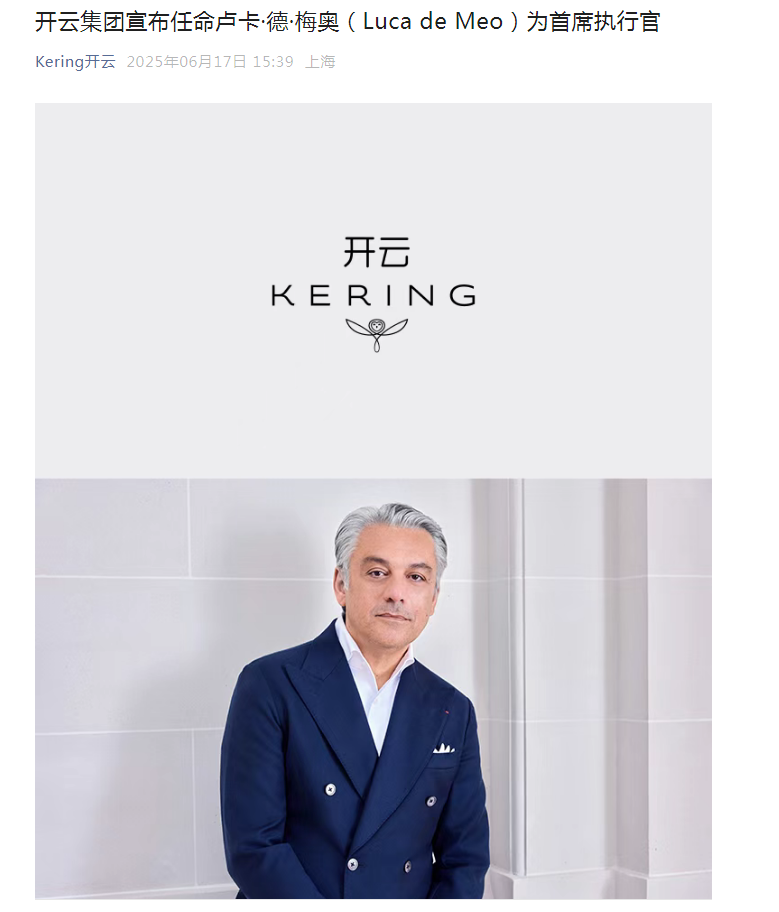
The relevant changes will officially take effect after the resolution is made by the Board of Directors at the shareholders' meeting to be held on September 9, 2025. If the resolution is passed, Luca de Meo will officially take office on September 15, 2025.
Kering Group is a top global luxury goods company that owns a range of prestigious brands, including Gucci, Saint Laurent, Bottega Veneta, Balenciaga, Alexander McQueen, and Brioni. Together with LVMH and Richemont Group, Kering forms the "Big Three" in the global luxury goods industry.
This French luxury goods giant is currently facing challenges similar to those Renault faced at that time.
According to Kering's 2024 financial results, the company's revenue for the full year of 2024 was 17.194 billion euros (approximately 130.25 billion yuan), a 12% decrease year-on-year, with net profit attributable to the group at 1.133 billion euros (approximately 8.583 billion yuan), a 62% decline from 2.983 billion euros in 2023.
Obviously, Kering's choice of Luca de Meo as CEO is partly in the hope that he can replicate his success at Renault and help Kering Group navigate its current challenges.
If he successfully joins the company, Luca de Meo will become the first CEO of Kering Group who is not a member of the Pinault family.
This raises the question: Now that the "firefighter" has retired after achieving success, can Renault maintain its growth momentum?







